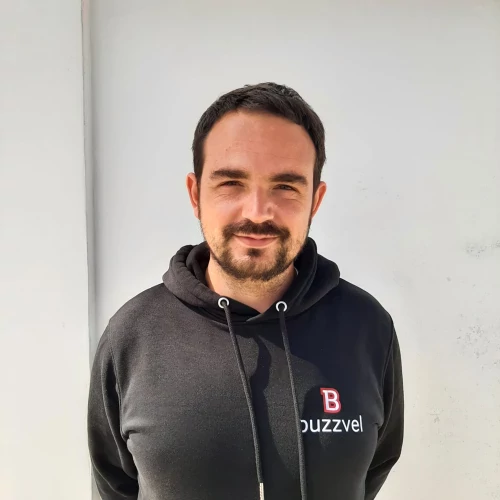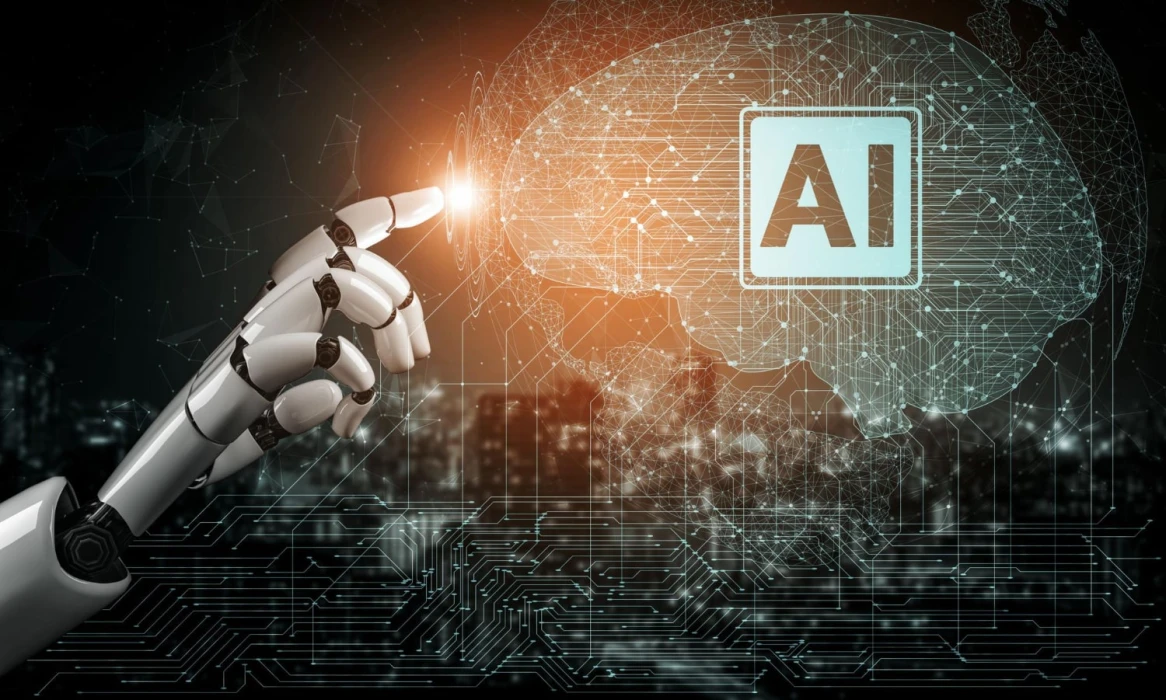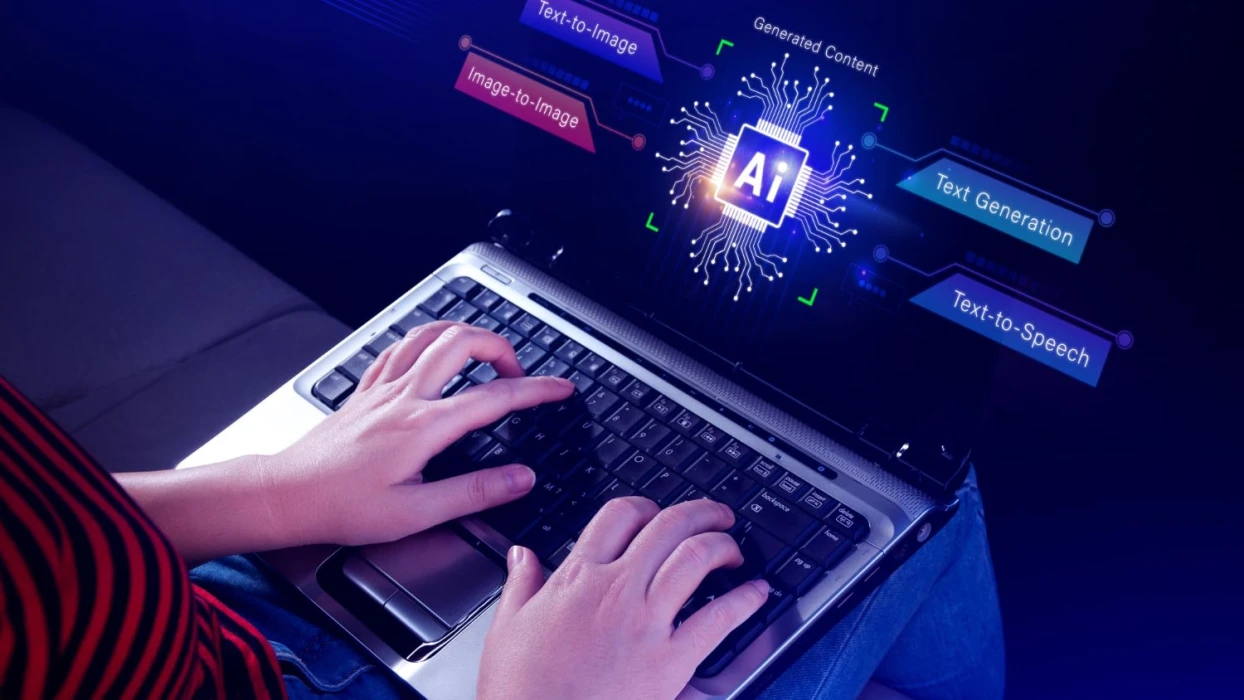Introduction: Navigating a Changing Landscape in Software Development
The world of software development is undergoing a profound transformation, driven by the rapid evolution of artificial intelligence. As the CEO of a development agency, staying at the forefront of these advancements is essential—not just to adapt, but to lead. One of the most significant trends we’re seeing today is how AI is making software development more accessible than ever, particularly for non-technical founders.
This transformation isn’t just about the capabilities of AI; it’s about reshaping who has the tools to build, test, and launch new ideas. While AI lowers barriers to entry, the value and necessity of experienced developers in creating scalable, production-ready applications remain as important as ever.
Charting the Path to Accessibility in Software Development
Before AI: Challenges for Non-Technical Founders
Historically, non-technical founders encountered steep hurdles in bringing their ideas to life. Software development was often prohibitively expensive, complex, and time-consuming. Without a technical co-founder or significant funding, aspiring entrepreneurs struggled to experiment with new concepts. For many, the vision remained just that—a vision, without the means to test it in the market.
The Low-Code and No-Code Revolution
The landscape began to shift with the rise of low-code and no-code platforms. These tools made it possible to build simple web applications or automate processes without writing code. They allowed non-technical individuals to turn ideas into tangible prototypes faster and more affordably, making early-stage validation accessible to a broader range of entrepreneurs.
Today’s Evolution: AI-Powered Prototyping
Enter AI. Today, artificial intelligence has taken accessibility to the next level. Tools powered by AI enable founders to generate code, craft applications, and even automate complex workflows with remarkable speed and efficiency. A few years ago, this would have been unimaginable. Now, founders without a technical background can create functional MVPs (minimum viable products) in record time, using AI as a development partner.
But here’s the key distinction: these tools don’t replace professional development. They offer a starting point, enabling quick validation of ideas. Turning an MVP into a scalable, robust, and enduring product still requires the guidance of skilled developers.
The Impact on the Startup Ecosystem
The democratization of software development through AI is reshaping the startup ecosystem. Here’s how:
More Founders Entering the Market
With the reduced cost and complexity of prototyping, more individuals are taking their first steps into entrepreneurship. The result? A significant increase in the number of startups testing ideas and solutions.
Emergence of Niche Opportunities
AI-driven tools make it more viable to pursue niche or previously overlooked ideas. Solutions once deemed financially unfeasible are now within reach, leading to a surge in innovation in smaller markets.
Accelerated Iteration Cycles
AI shortens the time it takes to go from concept to prototype, enabling faster iterations and refinements. Startups can test, learn, and pivot with unprecedented speed, improving their chances of finding the right product-market fit.
The top of the funnel for startups has expanded dramatically, with more ideas being tested than ever before. However, producing a flood of prototypes raises a crucial question: What happens after the initial spark of validation?
Why Developers Are Still Irreplaceable
Despite the powerful capabilities of AI, one thing remains clear—we are far from a reality where AI alone can build and maintain complex, production-grade applications. Developers continue to play an indispensable role in several key areas:
Scaling MVPs
While AI-generated code can jumpstart projects, scaling those prototypes into stable, high-performing products requires deep technical knowledge and expertise.
Ensuring Long-Term Sustainability
AI-generated solutions often lack the architectural structure needed for long-term growth. Developers bring the experience and foresight necessary to design systems that endure.
Integrating AI into Business Workflows
Leveraging AI effectively requires thoughtful implementation. Expertise in integrating AI into existing frameworks ensures businesses maximize their value without compromising performance or security.
AI enhances what’s possible, but it doesn’t replace human expertise. Think of AI as an accelerator, propelling founders forward, while professional developers provide the foundation needed to succeed in the long term.
Building a Startup Ecosystem Poised for Growth
AI’s contribution to software development is nothing short of revolutionary. It empowers more people to experiment with ideas and bring them to life. This surge in innovation is creating exciting opportunities at every stage of the entrepreneurial process.
For development agencies like Buzzvel, this shift highlights the importance of expertise in bridging the gap between AI-powered ideas and scalable solutions. Startups increasingly require experienced software engineers to refine and expand AI-generated prototypes, ensuring they meet the demands of real-world usage.
AI democratizes the entry point for innovation while reinforcing the value of skilled developers in building what truly matters. Together, these forces are driving an ecosystem where more ideas are born and, with the right expertise, more of them succeed.
The future of software development is not just about AI; it’s about collaboration. By combining the speed and ingenuity of AI tools with the skill and insight of development professionals, we can create a technology landscape that’s accessible, scalable, and full of possibility.
Tags
Subscribe to
Our
Newsletter
Join 1,000+ people and recieve our weekly insights.

Success!
Thank your for subscribing to Buzzvel's
Newsletter, you will now
receive
amazing
tips
and insights weekly.




